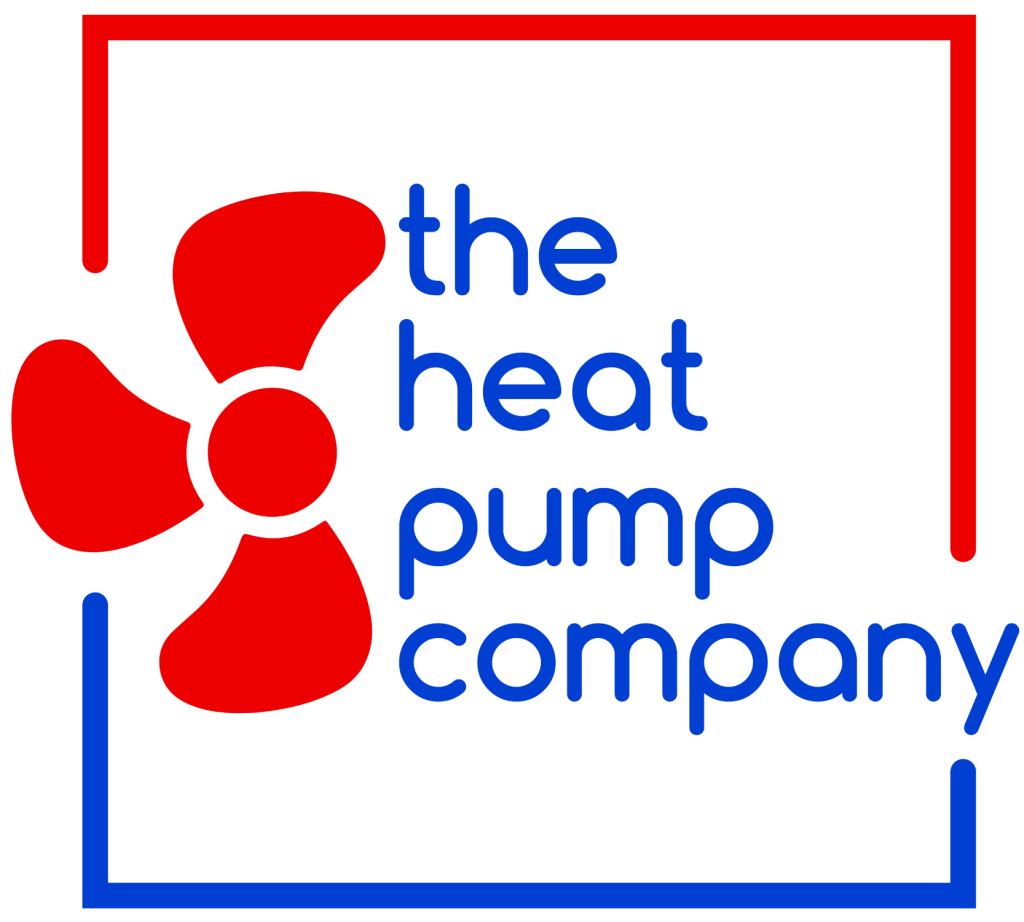Heat pumps are versatile and energy efficient heating and cooling systems that offer many benefits.
Here are some of the main advantages of a heat pump:-
1.0 Energy efficiency: Heat pumps are more efficient at transferring heat from one area to another, heating and cooling with less energy They can produce more energy (heating or cooling) than they use, and that can lower energy costs.
2.0 Cost savings: Efficiency can result in lower heating and cooling costs in the long run thanks to the heat pump. They are especially cost-effective in mild climates where heating and cooling needs can be adequately met.
3.0 Environmentally friendly: Compared to traditional heating and cooling systems that rely on fossil fuels, heat pumps are considered to be more environmentally friendly than the air they produce the atmosphere warms less and helps reduce your carbon footprint.
4.0 Dual-functionality: Many heat pumps are designed to both heat and cool, making them a versatile HVAC solution year-round. These two functions simplify home comfort planning and can reduce the need for separate heating and cooling systems.
5.0 Consistent Temperature Control: A heat pump can maintain a constant indoor temperature, creating a comfortable living space without the temperature fluctuations often associated with other systems
6.0 Longevity: Well-maintained heat pumps can last for a long time, often more than 15 years, resulting in long-term cost savings.
7.0 Zoning capabilities: The heat pump can be easily divided, allowing you to independently control the temperature in different areas of your home. This can increase comfort and energy savings by simply heating or cooling the areas in use.
8.0 Quieter operation: Heat pumps are generally quieter than traditional HVAC systems, as they do not have intense heat or large fans.
9.0 Safety : Heat pumps don’t rely on heat and don’t produce carbon monoxide or other indoor polluting gases, making them a safe alternative to fresh indoor air.
10.0 Reliability in Mild Weather: Heat pumps work well in mild weather, with minimal overheating. They can be ideal for areas with mild winters and hot summers.
11.0 Incentives and rebates: Many locations offer incentives and rebates for the installation of energy-efficient heat pump systems, which can help offset the initial investment.
12.0 Low maintenance: Heat pumps generally require less maintenance than other heating and cooling systems. Regular cleaning and inspections are usually enough to keep them in good working order.
It is important to note that the efficiency of a heat pump depends on factors such as climate, insulation, specific model and installation. Heat pumps may not be the best option in extremely cold climates, where their efficiency decreases and additional heating may be required. In addition, the upfront cost of purchasing and installing a heat pump can be larger than some other systems, although long-term energy savings could offset this initial investment.




